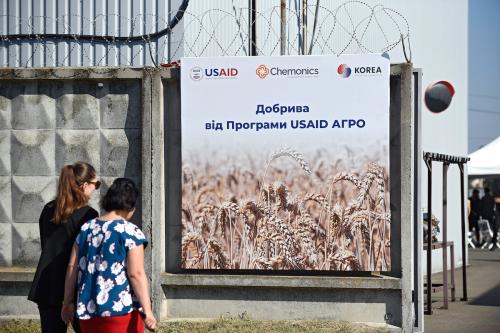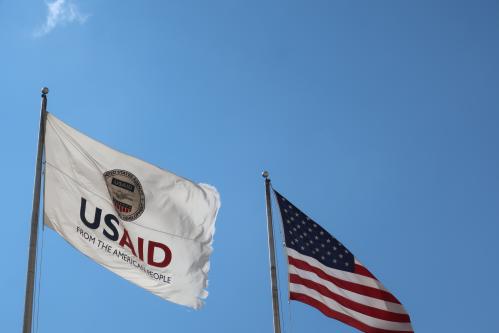Under the rules of the Westphalian international system—where sovereign nation-states are the central players—states have complete authority over citizens within their territory (without legal obligation to behave in a particular fashion toward them), and are to avoid interference in the internal matters of other “juridically equal” sovereign entities. This system was in place for three centuries before being upended by post World War II innovations such as human rights law, standards of international cooperation, and cross-border humanitarian and development assistance. But even these norms ultimately rely on sovereignty to operate since the networks of treaties, conventions, agreements, and compacts that support these norms rely on the acquiescence of states.
A new collection of essays, edited by Mark P. Lagon and Anthony Clark Arend, examine some contemporary developments in international affairs that seek to “break through the veil of state sovereignty to support individuals.” Our contribution to this anthology argues that private development aid advances the centrality of human agency rather than state sovereignty as the analytical centerpiece of relationships between donors and recipients. It does this in two separate but related ways: by shortening the “long route” between donor and recipient; and by relying on peer-to-peer relationships abetted by the Internet and social media. Channeling aid through official state agencies removes the ability of individuals to make choices about resource allocation—both taxpayers and aid recipients are denied a direct role in determining the end uses to which funds are put. Private aid, by contrast, can be applied to projects and sectors selected by the donors themselves. Moreover, the spread of Internet platforms for private aid often enables recipients themselves to identify their own needs and funding amounts.
Our essay looks at new partnerships and actors promoting poverty alleviation and economic development, notably private sector actors who use social media and “crowdsourcing” to mobilize microloans to developing countries. We highlight some institutional arrangements that not only advance the agency private sector actors moved by a dignity-based rationale to provide assistance, but of the loan recipients themselves.



Commentary
Does Private Aid Advance Human Dignity? New Thinking about Old Topics in Global Affairs
September 19, 2014